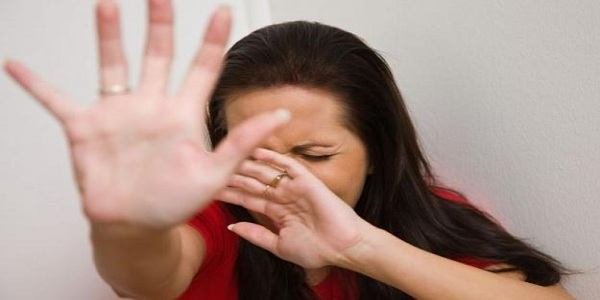Panic attacks

Description
Panic attacks are frightening, but fortunately not harmful to health. They may happen by accident or after a person finds himself in a situation that may provoke a panic attack. These very intense attacks subside very quickly with or without medical or other skilled help.
People who experience panic attacks may begin to fear that they are dying or suffocating. They may also feel chest pain or believe that these are initial symptoms of a heart attack.
Panic attack sufferers may express fears that they are going crazy and try to get out of the situation they are in.
Some of those affected are very likely to experience other, related physiological symptoms. For example, they may start breathing very fast and complain that their heart is beating so hard it feels like their heart is going to jump out of their chest.
They may also experience nausea, suffocation and dizziness. Then, within about 1 hour, the symptoms subside.
A small percentage of people experience panic attacks in their lifetime. And those who periodically have seizures, should be examined by a psychiatrist to assess their condition. Panic attacks may be a sign of panic disorder, depression, or other anxiety-based disorders.
What are the symptoms?
The American Psychiatric Association defines panic attacks as discrete periods of intense fear, stress, nervousness, or discomfort in which 4 or more of the symptoms below and which reach their peak within 10 minutes:
• Palpitations or fast heart rate;
• Sweating;
• Shaking or shaking;
• Feeling of choking;< br/> • Chest pains or discomfort;
• Nausea or abdominal pains;
• Feeling dizzy, disequilibrium, dizziness or weakness;
• Derealization – a feeling of unreality or depersonalization – the sufferer’s feeling of separation from oneself.
• Fear of losing control or the gripped by panic attack feels like going crazy;
• Fear of immediate death;
• Paraesthesias – tingling or pins and needles;
• Chills or hot flashes;
Attacks can be so overwhelming that the affected person is unable to share with others what is happening to him. Also, the doctor may notice various signs of panic, for example:
• A person may appear very frightened, unsteady, or be in a state of hyperventilation – deep, rapid breathing that causes dizziness.
Rarely, panic attacks occur at night and most commonly affect people who have periodic panic attacks during the day. And although panic episodes last no more than 10 minutes, it takes much longer to recover from them.
Treatment of panic attacks
It is possible for a person to help himself in such a situation, but he must be careful not to confuse a panic attack with another serious illness such as a heart attack.
strong> Alcohol and caffeine should be avoided as they can make the attack worse. Another thing to do is when we notice the signs of a panic episode is to start doing aerobic exercise, strong> that will divert our attention or to apply stress management techniques by starting to breathe deeply, focusing our mind on the process of breathing.



